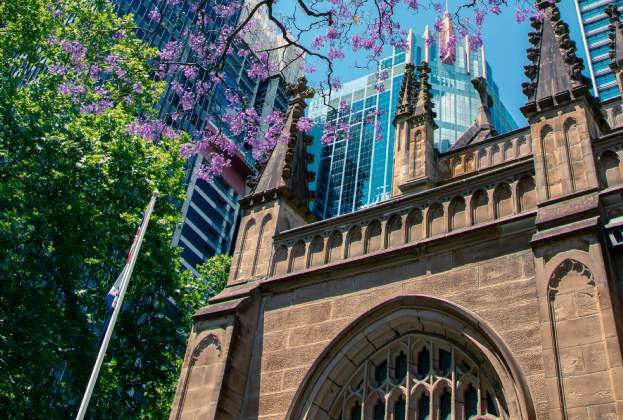BACKGROUND
According to the United Nations Environment Programme in 2020, global building operations accounted for about 31% of total energy consumption. As a result, measures have been taken worldwide to reduce total emissions via the implementation of policies on eco-friendly construction and energy efficiency of existing buildings, and Korea has also made efforts to keep pace with the global trend.
In the past, real estate policies have mostly focused on improving the environmental aspects of public buildings, but regulations will begin to impact the private sector (commercial real estate) starting in 2023. All buildings with a GFA greater than 100,000 sq m with permits to start construction after 2023 are legally obligated to receive a government-accepted rating for greenhouse gas emissions (“GHG”).

.jpg)
.jpg)

.jpg)
.jpg)
.jpg)
.jpg)
.jpg)
.jpg)
.jpg)
.jpg)
.jpg)
.jpg)
.jpg)
.jpg)
.jpg)